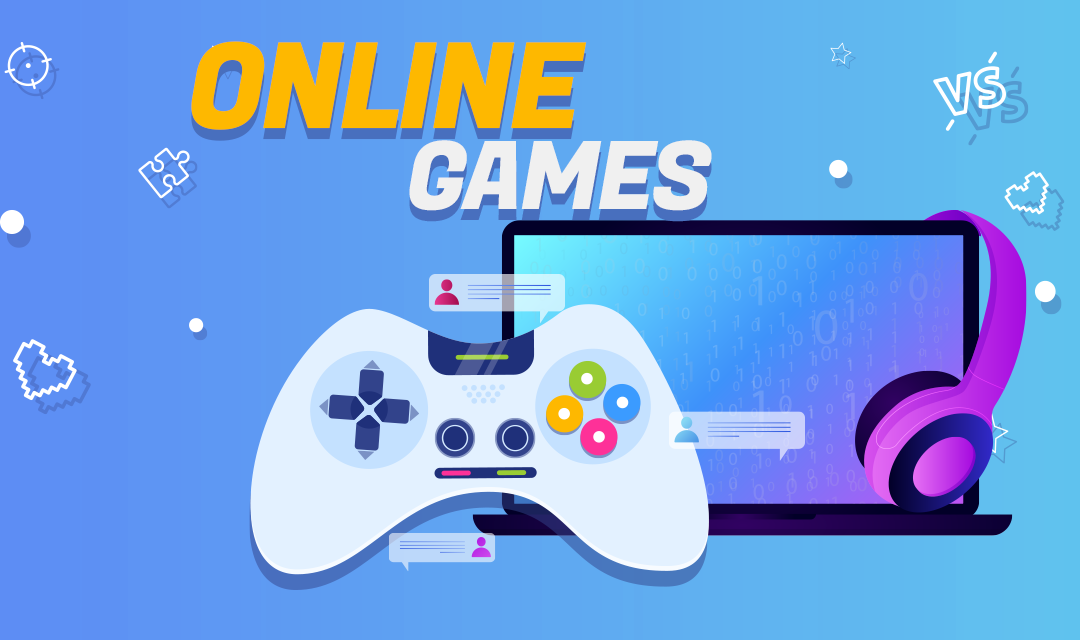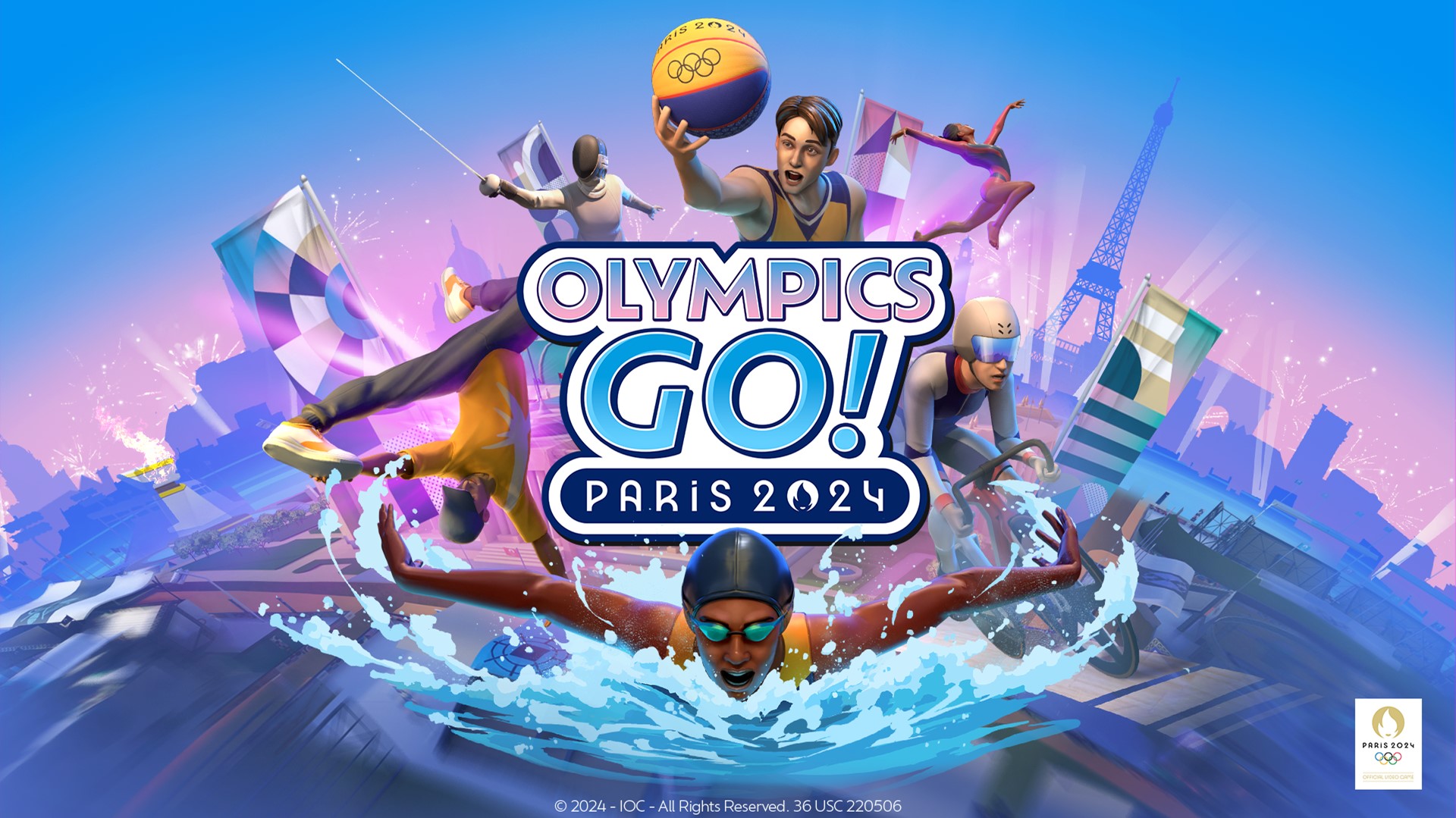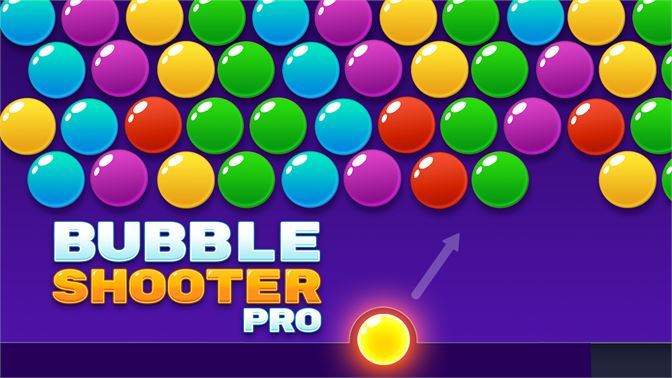PUBG: The Battle Royale Revolution that Redefined Gaming
When “PlayerUnknown’s Battlegrounds” (PUBG) burst onto the gaming scene in 2017, it quickly transformed the landscape of online gaming. Developed by PUBG Corporation and published by Bluehole Studio, PUBG not only popularized the battle royale genre but also set a new standard for competitive online gameplay. This article explores the origins, gameplay mechanics, impact, and enduring appeal of PUBG.
The Origins of PUBG:
PUBG was created by Brendan Greene, known by his online pseudonym PlayerUnknown. Initially inspired by the battle royale film “Battle Royale” and modding work for games like “Arma 2” and “H1Z1,” Greene envisioned a game where 100 players parachute onto an island and fight to be the last one standing. The concept, a mix of survival, strategy, and intense combat, struck a chord with gamers worldwide.
Released in March 2017 in early access, PUBG quickly garnered attention for its unique gameplay and massive multiplayer experience. It officially launched in December 2017 and soon became a cultural phenomenon, dominating gaming charts and streams.
Gameplay Mechanics:
PUBG is a battle royale game where up to 100 players are dropped onto a large map and must scavenge for weapons, armor, and supplies while battling each other. The game’s core mechanics include:
- Survival and Strategy: Players must strategically choose where to land, collect resources, and plan their movements. The shrinking play area forces players into increasingly smaller zones, intensifying the competition as the game progresses.
- Combat and Tactics: PUBG offers a wide range of weapons, from assault rifles to shotguns, and features realistic gunplay with recoil and bullet drop. Players must master these mechanics and use cover and positioning to gain the upper hand in combat.
- Loot and Resources: The game features a variety of loot that players can find in buildings, crates, and airdrops. Managing inventory, using medical supplies, and finding armor are crucial for survival.
- Vehicle Dynamics: PUBG includes various vehicles that players can use to traverse the map quickly. Vehicles add a layer of strategy, allowing players to escape dangerous situations or chase down opponents.
Impact on the Gaming Industry:
PUBG’s influence on the gaming industry is profound. It played a pivotal role in popularizing the battle royale genre, inspiring numerous other games like “Fortnite,” “Apex Legends,” and “Call of Duty: Warzone.” Its success demonstrated the potential of the battle royale format, blending survival and competitive elements in a way that captivated millions.
The game also contributed to the rise of esports and streaming culture. PUBG tournaments and events attracted large audiences and showcased the game’s competitive aspects, further boosting its popularity.
Enduring Appeal
PUBG’s enduring appeal can be attributed to several factors:
- Realistic Gameplay: Unlike other battle royales with cartoonish graphics, PUBG’s realistic graphics and tactical gameplay offer a more immersive experience.
- Regular Updates: The developers continually update the game with new content, including maps, modes, and events, keeping the experience fresh and engaging.
- Community and Esports: PUBG’s strong community and growing esports scene have fostered a dedicated player base and competitive environment.
Conclusion:
PlayerUnknown’s Battlegrounds has left an indelible mark on the gaming world. By pioneering the battle royale genre and combining survival elements with intense competition, PUBG has set a benchmark for multiplayer gaming. Its influence extends beyond gameplay, shaping gaming culture and esports. As PUBG continues to evolve and innovate, its legacy as a game that redefined online gaming is firmly cemented.








